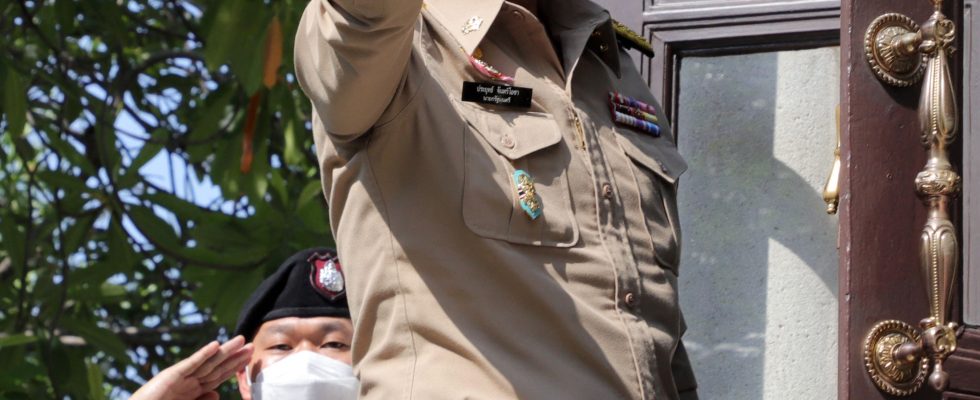On March 28, a 22-year-old Chinese student in Bangkok was kidnapped by three compatriots who demanded a ransom from her family living in China. The case takes a tragic turn when the mutilated body of the young woman is found a few days later in a ditch. The murderers are arrested in their country after fleeing Thailand. This assassination is the most serious act in a series of other kidnappings, but also of crimes and misdemeanors perpetrated in recent months in Thailand by Chinese mafia networks acting to the detriment of their population.
This omnipresence of Chinese gangs came to light in October 2022, after a search of a Bangkok pub frequented by Chinese and operating without a license: police found that a hundred customers were positive for various drugs. An investigation revealed that “Tuhao” – an expression which means “new rich” in Mandarin – Kornchayanat, the owner of the pub, a Chinese naturalized Thai in part thanks to his marriage to a policewoman (herself the niece of a former Deputy Prime Minister), was at the head of a vast criminal network involved in drug trafficking, casinos and other illegal entertainment venues. The police confiscated a collection of high-end cars, around fifty luxury villas, a private jet and mountains of cash – 6 billion baht (about 162 million euros). Tuhao had also donated 3 million baht (about 81,000 euros) to the Thai Prime Minister’s party in 2021.
Money laundering operation in real estate companies
This case led to investigations into other Chinese mafia networks. At the end of 2022, a raid on nightspots in Bangkok led to the arrest of several hundred suspects and the seizure of the equivalent of 8 million euros.
A good part of the profits of these mafias is laundered in real estate and catering companies belonging to Chinese holders of Thai identity documents obtained fraudulently thanks to police complicity. In 2020, Thai authorities revealed a network of around 100 such companies, into which hundreds of millions of dollars of dirty money were injected.
The extent of this money laundering is such that a bill supposed to encourage the purchase of land in the kingdom by foreigners has been postponed indefinitely. “If we don’t take this case seriously, we will see these Chinese capitalists taking over parcels of Thailand one by one,” said Panitan Wattanayagorn, professor of political science at Chulalongkorn University.
Criminals from China have a long history in Thailand, where much of the population comes from Chinese immigration in the 19th and 20th centuries. But the phenomenon accelerated after Xi Jinping came to power in Beijing in 2012 and the campaigns against crime and corruption that followed. “Waves of Chinese triads then retreated to low-bureaucratic Southeast Asian countries like Thailand,” said Wasin Punyawuttakul, a social science professor at Naresuan University. “We know that criminals arrive here on tourist visas which they then transfer to student or volunteer visas,” comments General Surachet Hakparn, deputy police chief.
One of the very lucrative activities of Tuhao and other Chinese mobsters is the organization of “zero dollar tricks”. Tourism agencies in China sell tourist packages at unbeatable prices. Once landed in Thailand, customers are forced to spend their money in hotels, restaurants or businesses owned by the operator or associates – poor quality services and products that bring almost nothing to the Thai economy. In 2019, 11 million Chinese tourists, or 25% of the total, visited Thailand.
Beijing officially supports the efforts of its Thai counterparts in their fight against Chinese criminals. While stating in passing that “third powers are trying to use these cases to discredit China and undermine the friendly cooperation between China and Thailand”…
